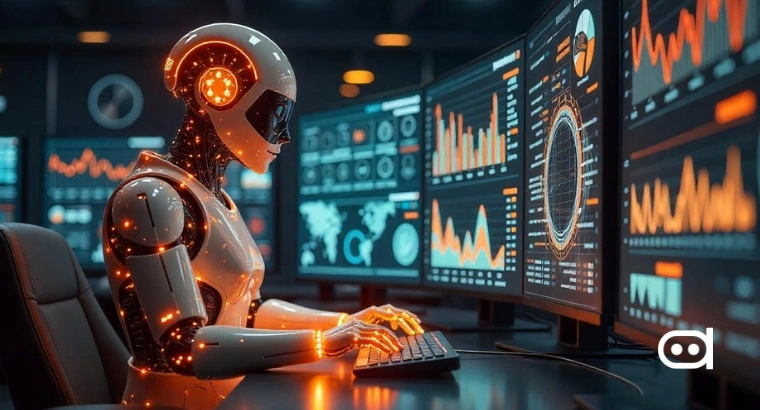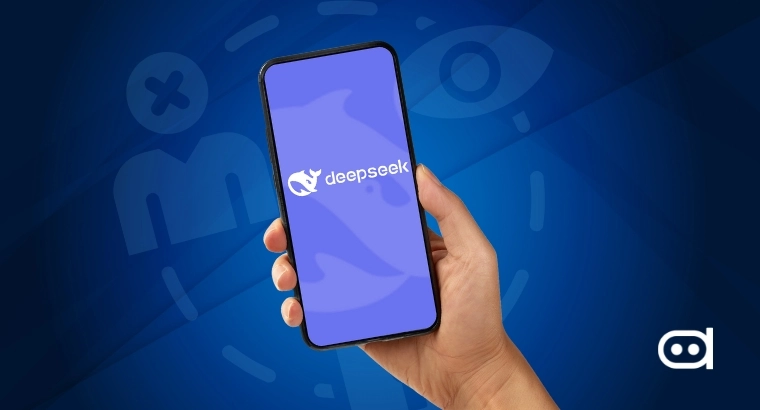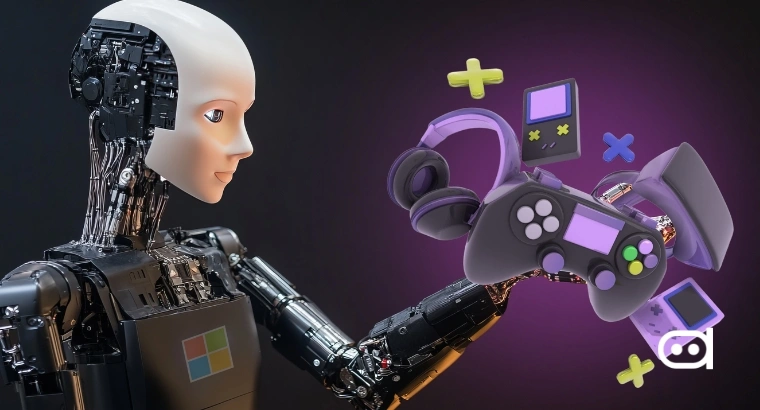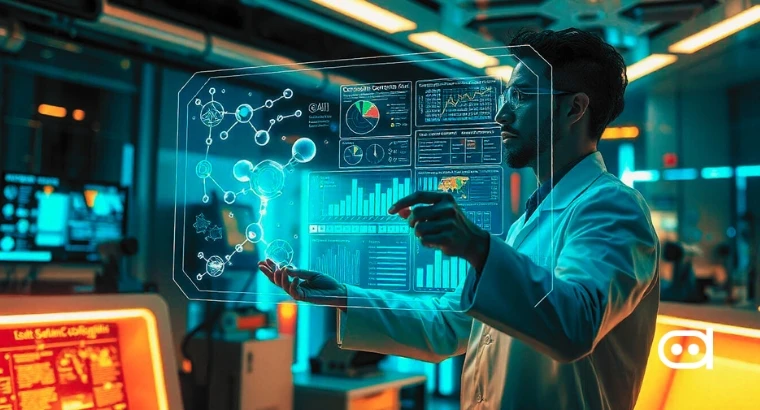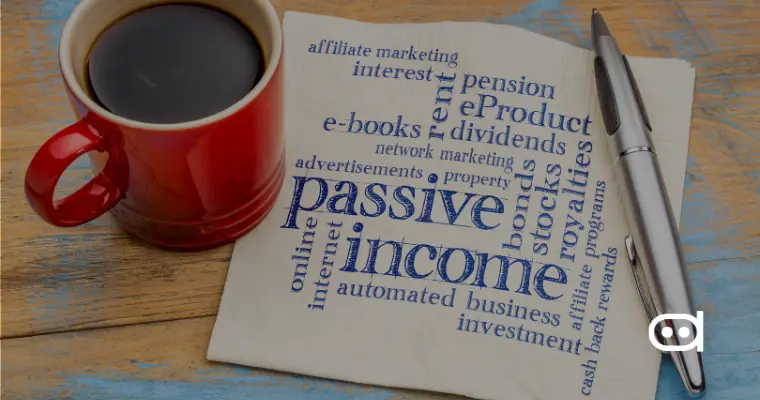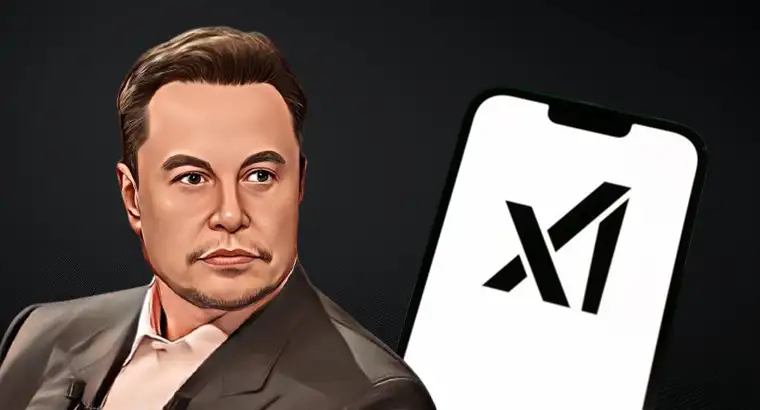
Billionaire Elon Musk’s cost-cutting efforts in the U.S. government involve an aggressive push to replace federal employees with artificial intelligence. The initiative, aimed at reducing government spending by $2 trillion, has already led to significant workforce reductions, drawing concerns from AI experts.
Elon Musk’s Latest Proposal
Since gaining access to internal agency data, Musk and the newly formed Department of Government Efficiency (DOGE) have facilitated the dismissal of approximately 10,000 federal workers under the Trump administration. According to Musk, extensive inefficiencies and fraudulent activities have been uncovered within government operations, though he has provided limited evidence to support these claims.
A U.S. official monitoring DOGE’s restructuring efforts stated that automation is the primary objective. “Everything that can be machine-automated will be,” the official told The Washington Post. “And the technocrats will replace the bureaucrats.”
Despite Musk’s confidence in AI’s ability to streamline government functions, industry specialists caution that current technology is not capable of handling complex decision-making processes. AI may be able to manage routine administrative tasks, but its limitations in handling nuanced cases involving public services raise significant concerns.
Deborah Perry Piscione, co-founder and CEO of the Work3 Institute, emphasized the risks of this large-scale transition. “The wholesale replacement of government workers with AI is a seductive but dangerous fantasy that reveals a fundamental misunderstanding of how government actually works,” she said. Piscione warned that while AI could be useful for processing paperwork, relying on it to replace civil servants reflects a Silicon Valley-style overconfidence in technology that could disrupt essential public services.
She highlighted potential real-world consequences, including an AI system failing to recognize a veteran’s unique circumstances when applying for benefits or misinterpreting an immigrant’s documents, leading to wrongful deportation. “These aren’t hypothetical scenarios — they’re the inevitable result of treating government service as merely a data-processing problem,” Piscione added.
Technology experts argue that while automation has a role in modernizing bureaucracy, replacing human workers entirely could introduce serious risks. Government services often require subjective judgment, something AI struggles to replicate. The debate over Musk’s initiative continues as policymakers and experts evaluate the long-term impact of AI integration in federal operations.
Latest Articles
Hansen Introduces AI Virtual Agent to Cut Costs and Improve Call Center Efficiency
HP Expands AI Strategy with Humane Acquisition, Forms New AI Innovation Lab
Fortanix Report: 97% of Companies Restrict GenAI, But 64% Use It via Personal Email
